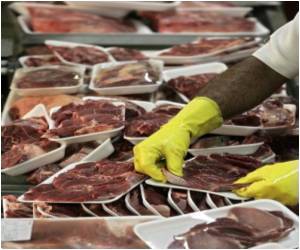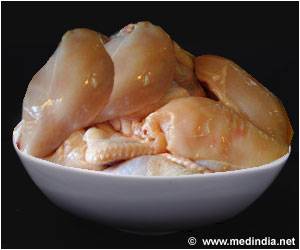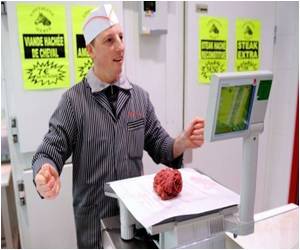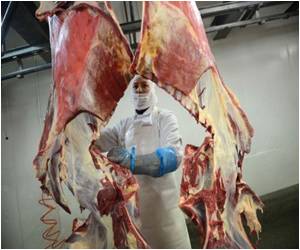With a barcoding procedure based on DNA, scientists from South Africa have made it possible to identify the different varieties of meat.

In South Africa, game meat biltong (air dried strips) is big business, with over 10,000 wildlife farms. This is supplemented by private hunting. This meat is considered "healthier" than beef because it is lower in fat and cholesterol, and perceived to be lower in chemical additives, reports Science Daily.
Using mitochondrial COI DNA barcoding and cytb sequencing, researchers analysed samples of game meat from supermarkets, wholesalers and other outlets and compared them to known samples and library sequences. They found that of the 146 samples, over 100 were mislabelled.
Maria Eugenia D'Amato from the University of the Western Cape commented: "The delivery of unidentifiable animal carcasses to the market and the general lack of regulations increases the chances of species mislabelling and fraud."
She added: "This has implications for species safety, and also cultural and religious implications. This technique is also able to provide new information about the identity of animals. We found several animals whose DNA had been misidentified in scientific libraries."
Source-IANS













